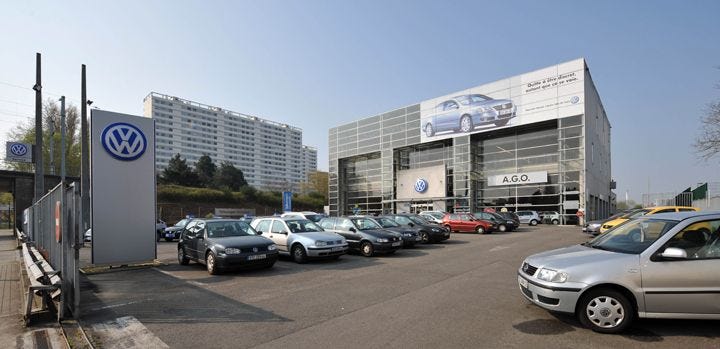The adverse selection is widely cited as an illustration of market failure, calling for government intervention in order to correct the market. The theory is phrased as follows : the buyers of used cars have less information than dealers have about which cars are lemons and which ones are not. The asymmetric information of this kind is likely to destroy the market. Being unable to distinguish between the good and bad product, the potential buyers are reluctant to pay as much money and, because of that, the sellers will withdraw the good cars from the market. Then, the likelihood of getting a bad product increases, and the buyers will drive the price down even more. But the theory neglects the fact that businesses often use guarantees to protect customers from defects. Such warranties provide the information the buyers desperately need before making a purchase of this kind. Such guarantees allow the customers to distinguish between the good and the bad product. The owner of good cars may also sell his car to a garage, and the asymmetric information problem will be resolved. Akerlof simply makes the wrong assumption that buyers are aware of such asymmetric information while for some obscure reasons the sellers are not.
The same is true for car insurance industry. The insurance company may include a bonus for drivers who have fewer car accidents and a penalty for those who have more frequent accidents. This mechanism encourages good incentives, driving out the bad incentives.
Adverse selection can also be applied to the credit market. The borrower has an advantage over the lender : he has better information on the viability of his project. Being unable to distinguish between the good project and the bad project, the lender will probably rise the interest rate, driving out all the good borrowers who do not want to pay as much money. Again, by requiring financial guarantees, the lender will be able to distinguish between sound and unsound projects. Financial guarantees act as a signal that the project the borrower wants to finance is a sound one. But of course, in reality, regulations tend to create adverse selection phenomenon; for instance, fixed deposit insurance, lender of last resort and the like.

